The straight answer to question “What do hepa filters do” is that these filters have the ability to capture a wide range of particles, allergens, and pollutants to make your indoor air clean. Now Air quality is also what we care more. Air we breathe is becoming a bigger worry for us. People are searching solution for this. So, HEPA (High Efficiency Particulate Air) filters have become really important for us.
In this article we will talk all about What do HEPA Filters Do, how do HEPA filters work, why they’re good, and there applications and benefits. crucial for anyone seeking to create a healthier indoor environment.
What Are HEPA Filters?
HEPA filters are very dense, fibrous mats composed of randomly arranged fibers. These fibers are mainly made from materials such as fiberglass, and they are designed to create a maze structure through which air must pass. Main characteristic of HEPA filters is their high efficiency in capturing particles. To qualify as a true HEPA filter, a product must meet the stringent standards set by the United States Department of Energy. It requires the filter to capture at least 99.97% of particles that are 0.3 microns or larger in diameter.
How Do HEPA Filters work
HEPA filters work by using their special fibers to catch tiny particles in the air. So, how do HEPA filters work? Well, they have a special setup with fine fibers that act like a net or mesh. When air passes through these fibers, they catch the particles, like dust and allergens. This makes particles in the air crash into the fibers and stick to them. The fibers are packed very close together so even tiny particles can’t get away, resulting in efficient filtration. This makes the air cleaner and safer for breathing.
When air passes through the HEPA filter, Smaller particles undergo diffusion, where they move erratically and collide with fibers due to air molecule interactions. Both of these things together help the HEPA filter catch more than 99.97% of particles, effectively removing harmful substances from the air.
- HEPA filters are dense mechanical filters used to trap particles as small as 0.3 microns.
- They work through a combination of interception, impaction, and diffusion.
- Interception: Larger particles collide with filter fibers and adhere to them as air passes through.
- Impaction: Medium-sized particles are too large to follow the air streamlines and collide with filter fibers, sticking to them.
- Diffusion: Smaller particles are bombarded by air molecules, causing them to bounce around and eventually stick to filter fibers.
- They are commonly used in air purifiers, vacuum cleaners, HVAC systems, and medical facilities to improve indoor air quality.
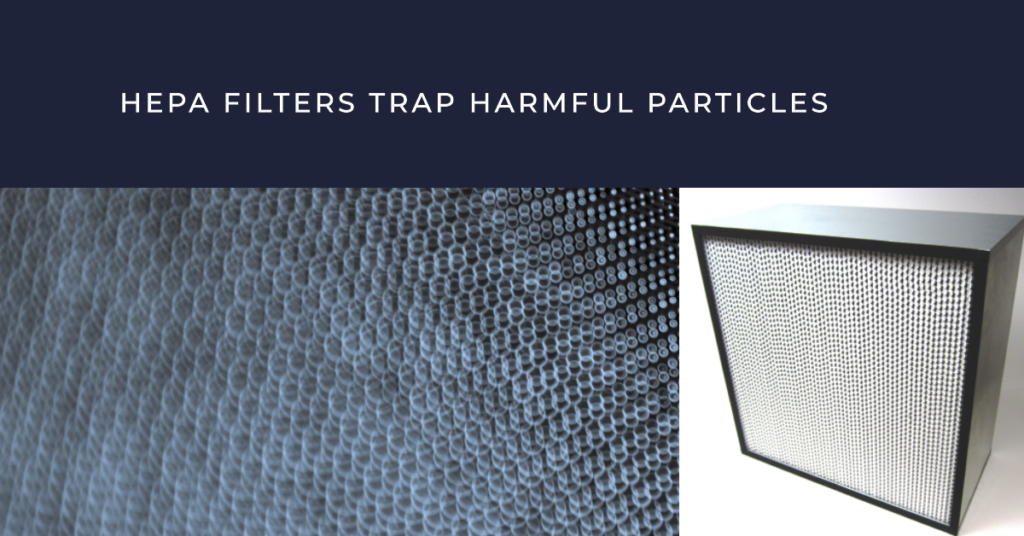
What Do HEPA Filters Remove?
HEPA filters are effective at capturing different airborne contaminants, like:
- Dust and Dust Mites: HEPA filters can capture dust particles and dust mite allergens, which are common triggers for respiratory issues and allergies.
- Pollen: Pollen grains, which can exacerbate seasonal allergies, are efficiently trapped by HEPA filters, providing relief to allergy sufferers.
- Mold Spores: Mold spores, which can grow in damp indoor environments and contribute to respiratory problems, are effectively removed by HEPA filters.
- Pet Dander: HEPA filters are capable of capturing pet dander, tiny flecks of skin shed by pets, helping to reduce allergic reactions among pet owners.
- Bacteria and Viruses: Not all but many bacterias and viruses or any airborne pathogens can be trapped inside HEPA filters, reducing the risk of airborne transmission of diseases.
Benefits of HEPA Filters
There are several benefits of HEPA filters, especially for people with different allergies. One of the main benefits of HEPA Filters is improved air quality in indoor spaces. Hepa filters for home is need of the time, they help remove allergens and pollutants from the air, creating a healthier indoor environment. Air purifiers with HEPA filters are especially good at this, so they’re a really good choice for improving your indoor air quality.
Also, HEPA filters make your living area cleaner by not only getting rid of particles but also smells from pets, cooking and volatile organic compounds (VOCs). This all around cleaning makes the air nicer and the place more comfortable. Also, HEPA filters are really good at stopping tiny things like bacteria and viruses in the air. This makes them very useful in places like hospitals where sickness can spread easily.
1) Enhancing Health and Well-being
Using HEPA filters can contribute to enhancing health and well-being. Poor air quality can lead to a range of health issues like allergies, breathing troubles and even more serious health issues as time goes on. This is where HEPA filters come in. They’re really good at catching things that make us sick, like pollen, mold bits, pet fur, dust and smoke. HEPA filters create an environment that is more conducive to good health.
2) Mitigating Allergies and Respiratory Issues
For those wondering, Do HEPA filters help with allergies? Yes, they do. HEPA filters for allergies are specially designed to capture allergens like pollen, pet dander, and dust mites. This helps reduce allergic reactions and mitigates respiratory issues for those who suffer from them.
If you often get allergies or have trouble in breathing, HEPA filters can make a big difference in your life. Things in the air that cause allergies and make breathing hard can lead a comfortable life. But HEPA filters remove these particles from the air, so you feel better and don’t have as many problems. This helps a lot to kids, older people and anyone with pre-existing respiratory conditions.
3) A Must Have for Pet Owners
Are you a pet owner? If so, HEPA filters for pet owners is must have. Pet owners often deal with pet dander and hair in the air, which can trigger allergies. With HEPA filters vacuum cleaner and air purifiers with HEPA filters, you can significantly reduce these allergens and make your home more comfortable. HEPA filters are really good at catching pet fur and the tiny things that can make you allergic. They also help get rid of pet smells in the air.
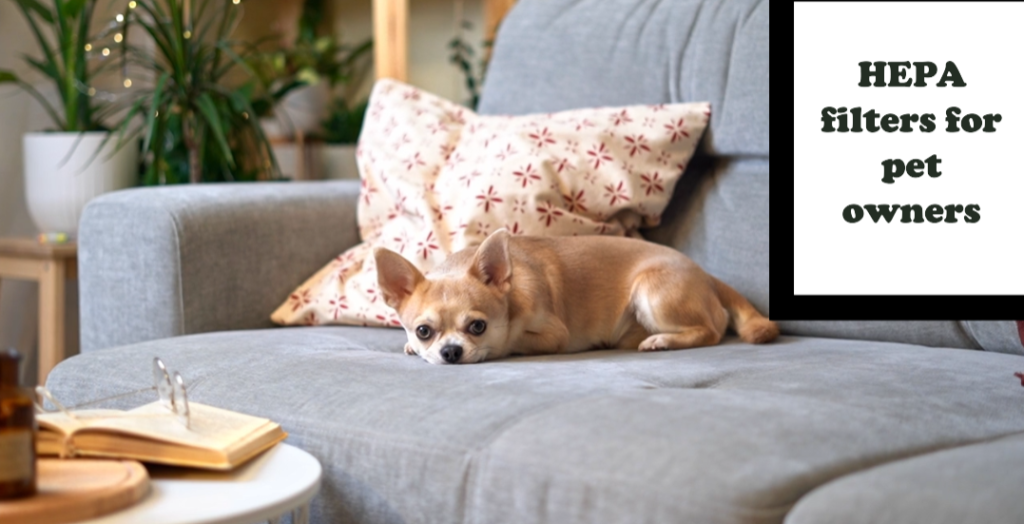
4) Addressing Urban Living Challenges
Cities have a lot of pollution from vehicles, factories and building work. This can get inside our buildings and make the air worse. HEPA filters work like a barrier to stop these outside pollutants from coming in. They help keep the air inside clean and safe, which is really important for people who live in busy areas where the air outside might not be so good.
5) Promoting Productivity and Focus
Air that’s clean doesn’t just help our bodies; it also makes our minds work better. Studies have found that improved indoor air quality can enhance our thinking, concentration and productivity improves. HEPA filters make the air better by getting rid of things that can make us sick. This creates an atmosphere that helps us think clearly and feel good overall. This is why HEPA filters are really important in places like offices and schools where we need to focus.
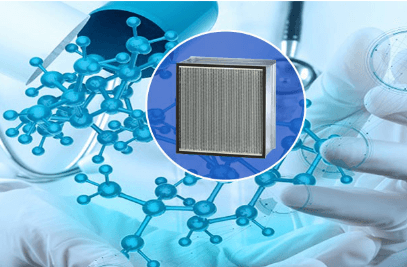
HEPA filter applications:
following are some important applications of HEPA filters :
1) To Safeguard Healthcare Facilities
HEPA filter used in hospitals, it’s super important to keep sterile environment. HEPA filter in operation theatre i.e. operating rooms, isolation wards and labs depend a lot on Air purifiers with HEPA filters to make sure the air is really pure. HEPA filters are used for sterilization of different hospital equipment’s and to stop infections from spreading in hospitals these filters are important. This applications of HEPA filters helps protect patients and the healthcare workers.
2) Enabling Scientific Discoveries
In research labs working with sensitive experiments and samples, having really clean air is super important. Best air purifiers with HEPA filters are used to make sure the air doesn’t have tiny bits in it that could mess up the results. This is really needed in fields like biotechnology, making medicines, and studying materials science. Even the tiniest thing in the air can compromise experiments and research outcomes in these areas. These applications of HEPA filters are changing the worlds for better.
3) Cleanrooms in Manufacturing
HEPA filter used in pharmaceutical industry, electronics and aerospace, HEPA filters are crucial. Cleanroom HEPA filters are used to achieve and maintain controlled environments, preventing particles from contaminating sensitive manufacturing processes. These rooms are really important because even the slightest particle contamination can have detrimental effects on product quality and performance. So for Clean room HEPA filters are used.
4) Residential applications
HEPA filter used for making the air healthier in homes. HEPA filters for home are essential for breathing easy at home. This is important for families with allergies, asthma or who just want clean air for their loved ones. There are different ways to use HEPA filters at home. You can have standalone air purifiers to HVAC systems with built-in HEPA filters, to choose based on specific needs and preferences.
5) Clean Transportation
HEPA filters are now being used in modern vehicles like cars, airplanes and trains. These filters make the air better inside these tight spaces, reducing exposure to pollutants and allergens during travel . For people who are sensitive to air quality changes, having HEPA filters in vehicles can make trips more comfortable and easier on their breathing..
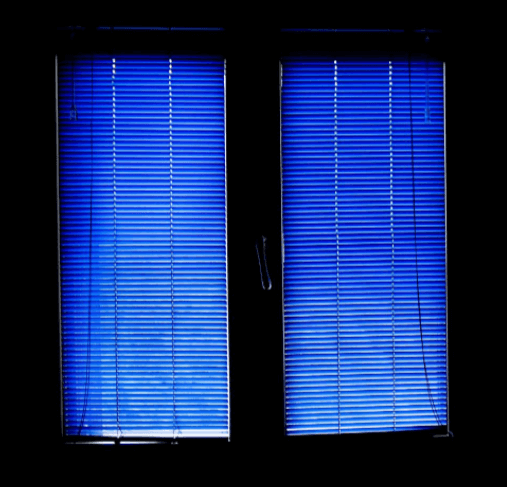
Conclusion
HEPA filters plays his crucial role in transforming indoor air quality by capturing a airborne particles and pollutants. From alleviating allergies to improving respiratory health and promoting overall well-being, the benefits of HEPA filtration are undeniable. As you have gone through how HEPA filters work and its benefits with appications you can check our other blogs for more information related to Air Purifiers.
Frequently Asked Questions (FAQ)
Are there any potential drawbacks to using HEPA filters?
While HEPA filters are highly effective at capturing particles, they may not be as efficient in removing certain gases and odors. In such cases, additional filtration methods or technologies may be required.
Can HEPA filters help with COVID-19 prevention?
HEPA filters can help improve indoor air quality by capturing particles that may contain viruses, including COVID-19. However, they should be used in conjunction with other preventive measures such as vaccination, mask-wearing and proper ventilation for comprehensive protection.
Can I vacuum or clean a HEPA filter?
Some HEPA filters are washable and can be cleaned according to the manufacturer’s instructions. However, not all HEPA filters are washable and attempting to clean a non-washable filter could damage its effectiveness. It’s important to check the filter’s specifications before attempting to clean it.
Are there any maintenance tips to ensure optimal filter performance?
Regularly checking and replacing or cleaning your HEPA filter is essential. Additionally, make sure the device’s intake and exhaust are not obstructed by objects or walls to ensure proper airflow.
How can I tell if a HEPA filter is certified and genuine?
Look for filters that are certified by reputable organizations like the Association of Home Appliance Manufacturers (AHAM) or the American National Standards Institute (ANSI). Genuine HEPA filters will clearly display their efficiency rating and certification details.
Can I use a HEPA filter in my HVAC system?
Yes, many HVAC systems offer HEPA filter options that can enhance the air quality throughout your home. However, it’s important to ensure that your HVAC system is compatible with HEPA filters and that the filter’s size and efficiency meet your needs.
Can HEPA filters remove cigarette smoke?
Yes, HEPA filters can effectively capture the majority of cigarette smoke particles, including the odor and harmful chemicals associated with smoking.
How often should I replace my HEPA filter?
The replacement frequency varies depending on factors such as the type of filter and usage. Typically, it’s recommended to replace HEPA filters every 6 to 12 months or as indicated by the manufacturer.
Can a HEPA filter eliminate COVID-19 particles?
HEPA filters have shown the ability to capture particles of similar size to the SARS-CoV-2 virus. However, they should be used in conjunction with other preventive measures, and their effectiveness against the virus may vary.
Do Hepa filters remove mold?
Yes, HEPA filters can help remove mold. HEPA filters are special filters that can capture tiny particles like mold spores from the air. So, using a HEPA filter in your home can make the air cleaner and reduce the amount of mold in it. Just remember, while HEPA filters can help, it’s also important to fix any moisture problems that might be causing the mold in the first place.
Do HEPA filters work?
Yes, HEPA filters work really well. They’re designed to trap tiny particles in the air, making the air cleaner and healthier to breathe.
How do HEPA filters work?
HEPA filters have very fine fibers that create a mesh. This mesh captures tiny particles like dust, pollen and even some bacteria and mold spores as air passes through it.
Do HEPA filters remove viruses?
Yes, HEPA filters can capture some viruses as they are quite small. However, not all viruses are trapped by HEPA filters, so it’s important to remember that they are just one part of keeping your environment safe.
Do HEPA filters help with allergies?
Yes. HEPA filters can help reduce allergens like pollen, pet dander and dust mites from the air, which can provide relief to people with allergies.
Do hepa filters remove dust?
Yes, HEPA filters are really good at removing dust particles from the air. They can help make your home’s air cleaner and more comfortable.
Do HEPA filters remove radon?
HEPA filters are not specifically designed to remove radon gas. Radon is a radioactive gas that requires specialized mitigation techniques for removal.
Can hepa filters be cleaned?
Some HEPA filters are washable, but many are not. Check the manufacturer’s instructions to see if your filter can be cleaned. If it’s not washable, you’ll need to replace it.
How often should HEPA filters be changed?
It’s generally recommended to change HEPA filters every 6 to 12 months, depending on usage and the specific device. Regular replacement ensures optimal performance.
Do HEPA filters remove smoke?
Yes, HEPA filters can help remove smoke particles from the air, which is useful if you have smokers in the house or live in an area prone to wildfires. However, they might not remove all the odors associated with smoke.
What do HEPA filters do?
HEPA filters clean the air by trapping tiny particles like dust, pollen, pet dander, mold spores and more. They help improve indoor air quality, making the air fresher and healthier to breathe.
DheerajSonwane is a dedicated writer with expertise in air purification technologies. He focuses on providing well-researched content to help readers improve indoor air quality in homes and businesses. As the lead writer at AirPurifierMaster.com, Dheeraj offers practical advice his insightful reviews guide individuals in choosing the best air purifiers for their needs.

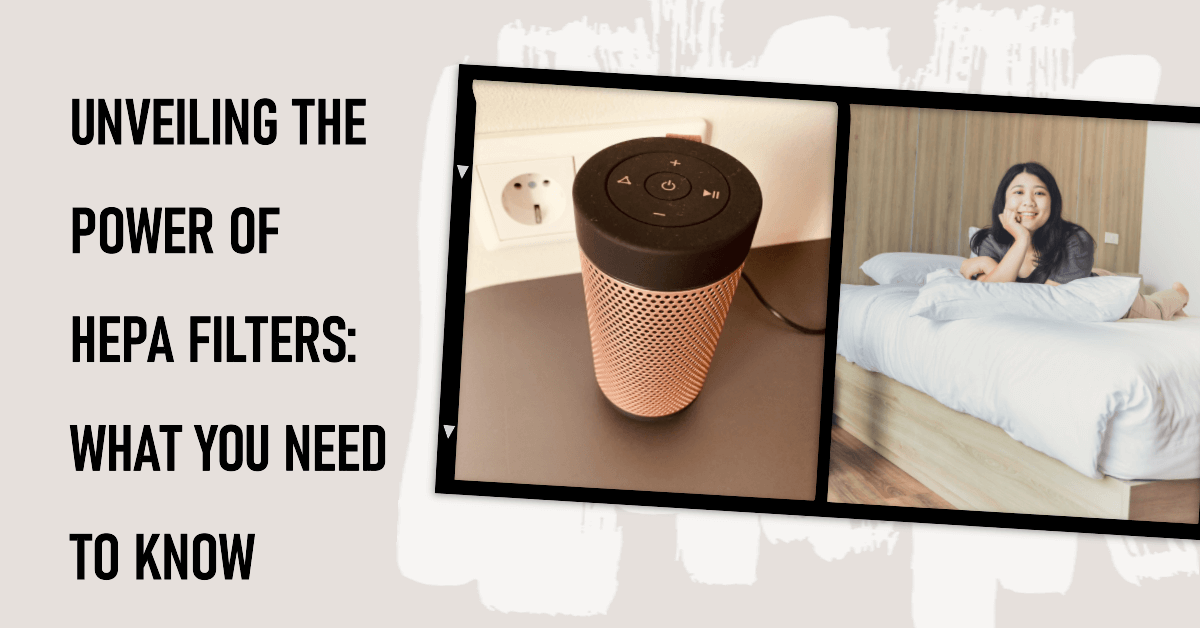
20 thoughts on “What Do HEPA Filters Do to Transform Your Air Quality: Unveiling How Do HEPA Filters work”